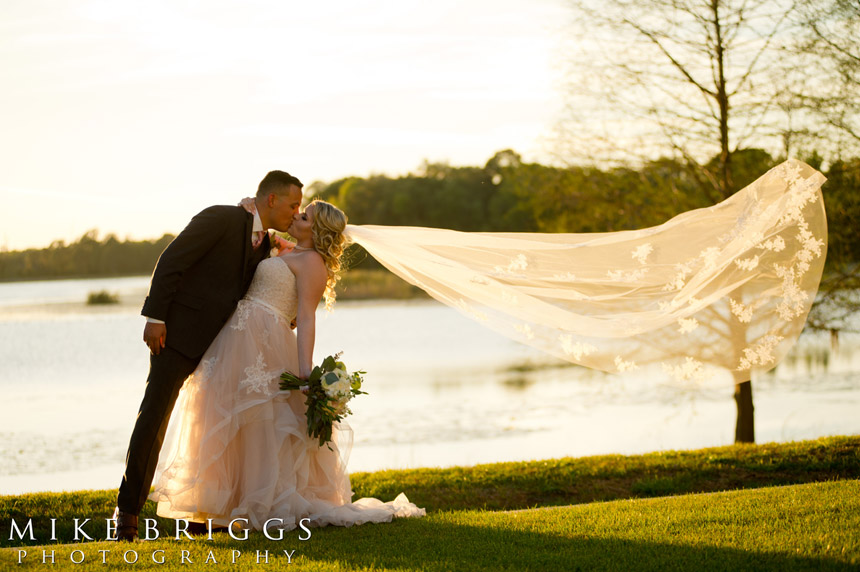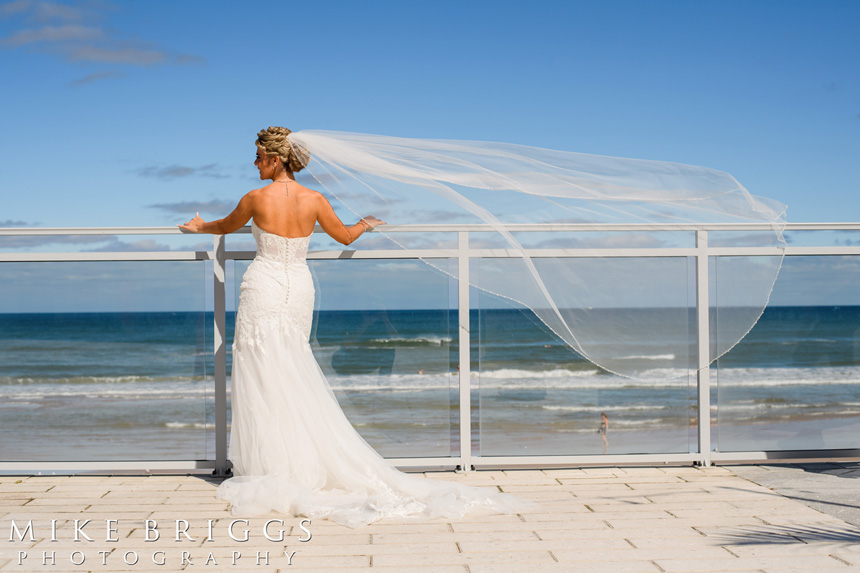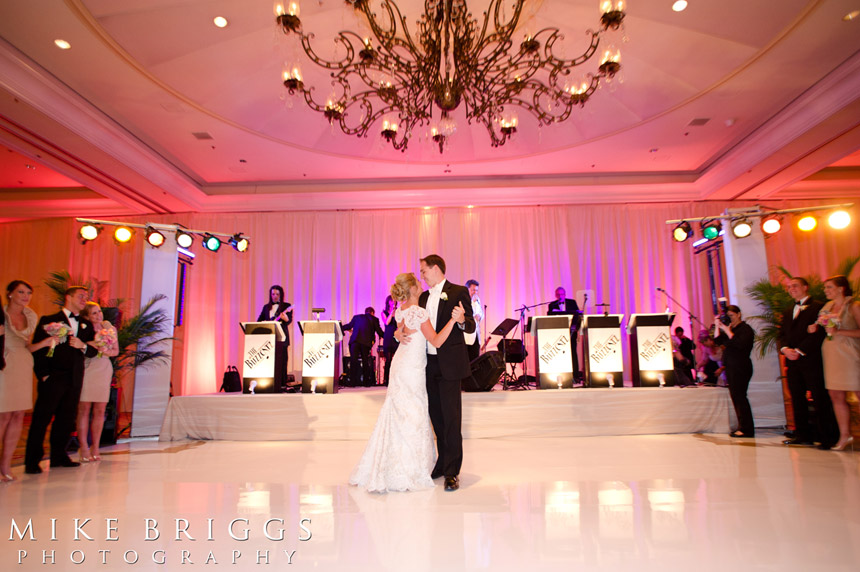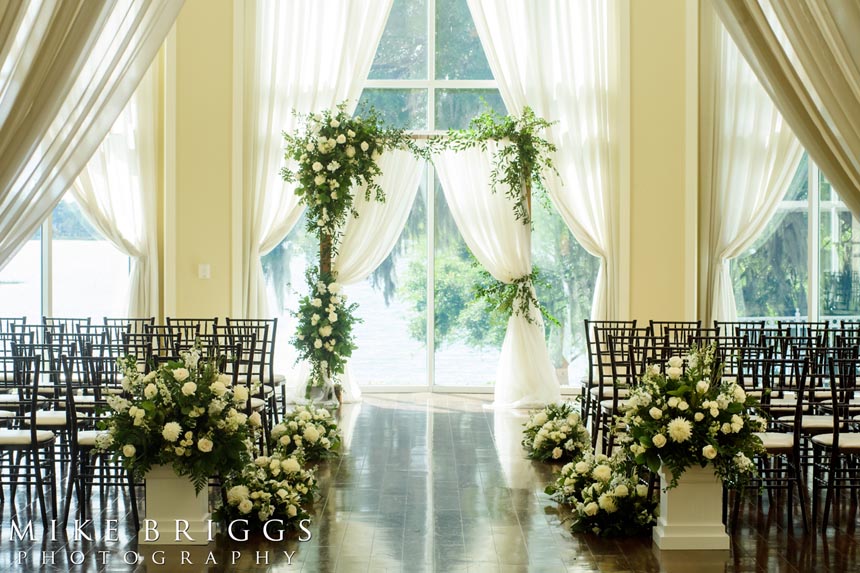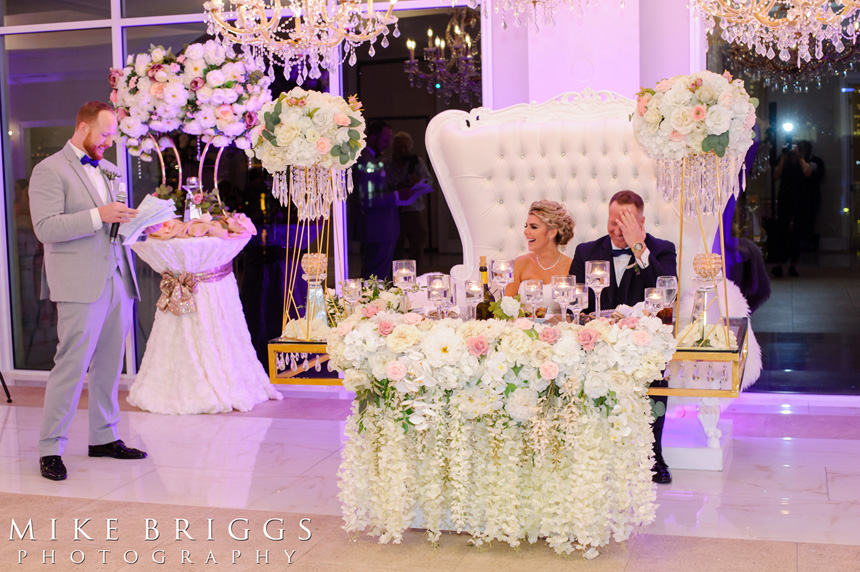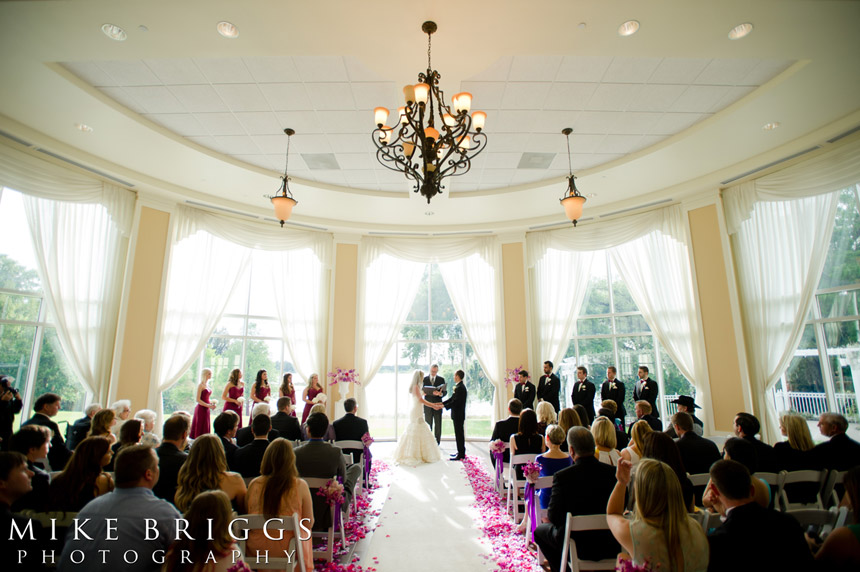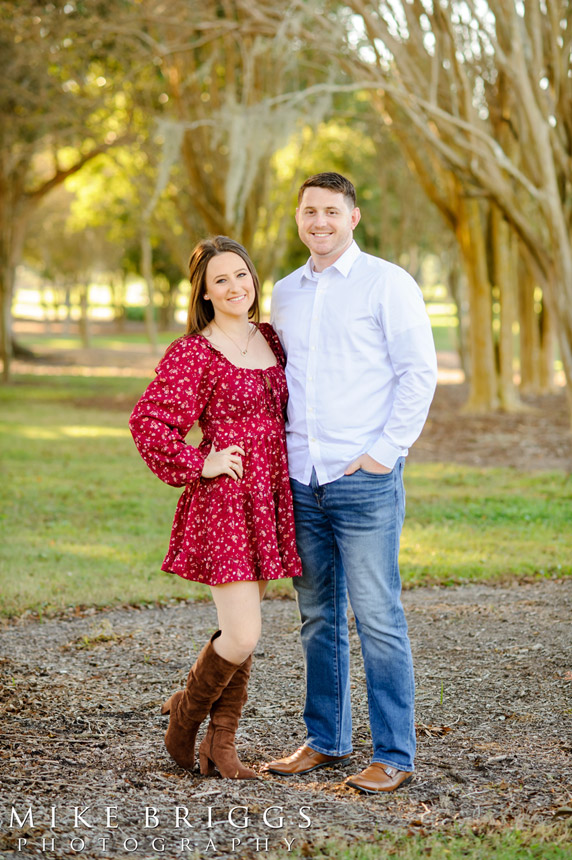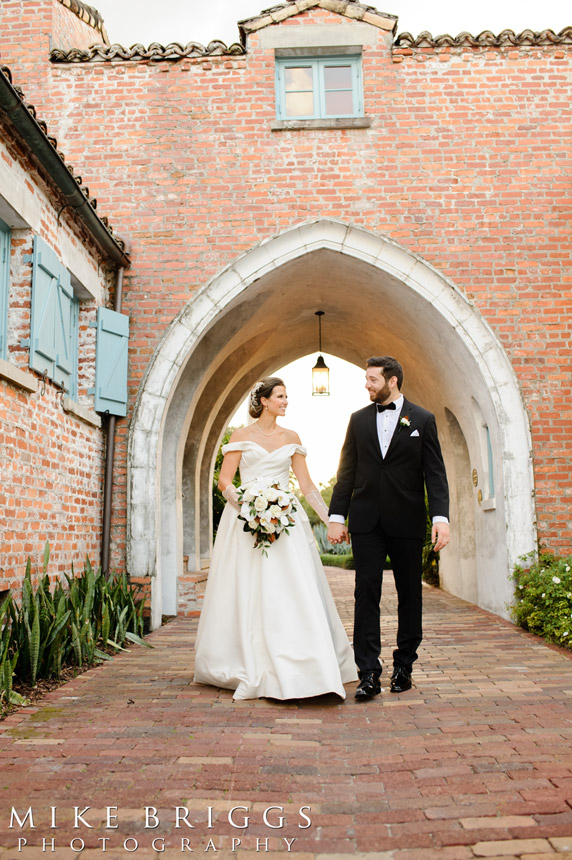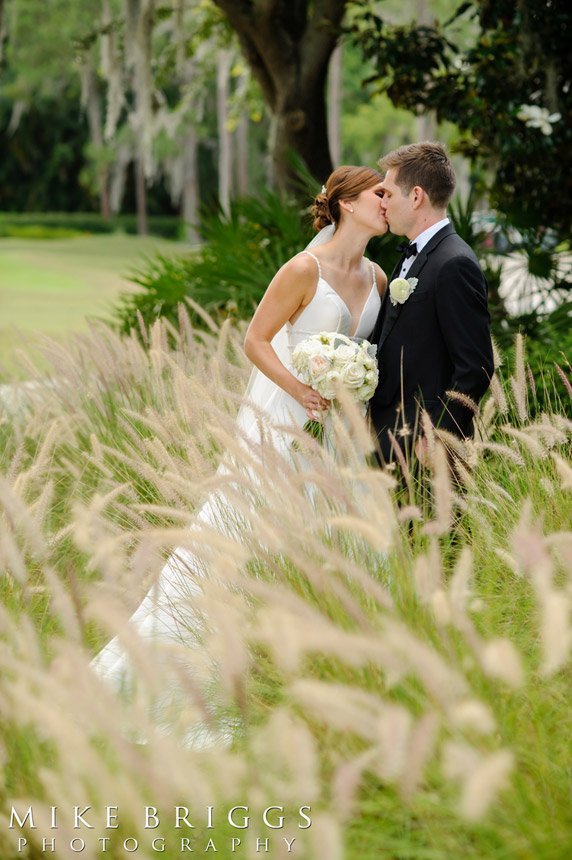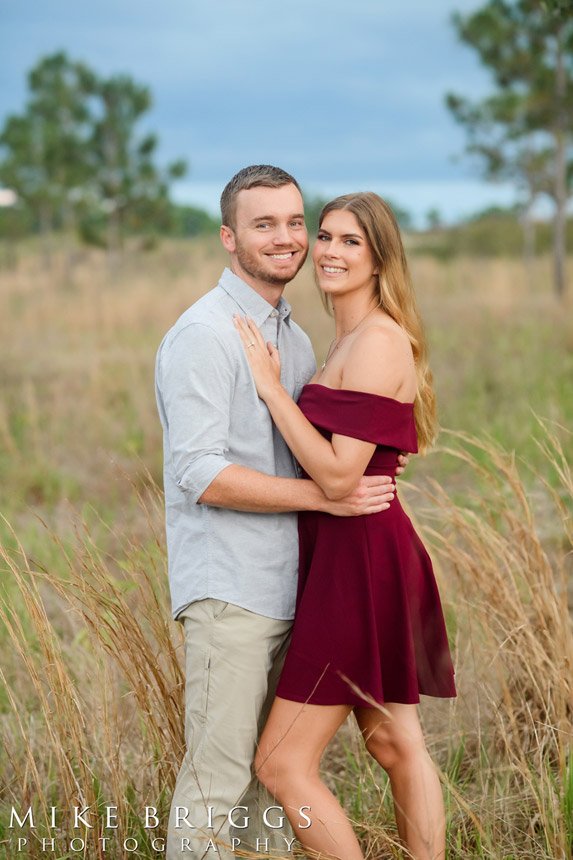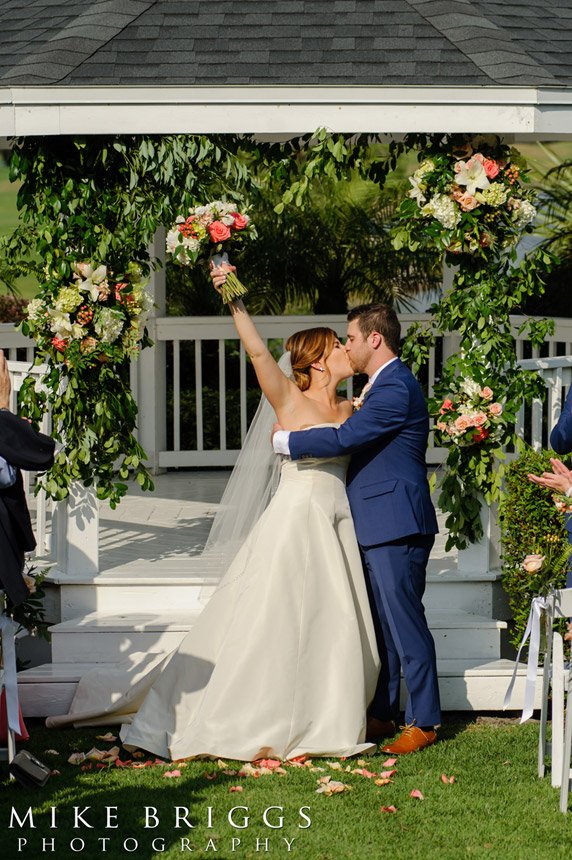Wedding Planning Checklist
Planning your wedding is an exciting journey, but it can also feel overwhelming at times. Whether you’re dreaming of an intimate gathering or a grand celebration, having a clear plan is the key to turning your vision into reality. That’s where a wedding planning checklist becomes invaluable. Let’s walk through the process step-by-step, ensuring you don’t miss a single detail. With this wedding checklist, you’ll feel confident and organized as you prepare for your special day.
What Should Be Included in a Wedding Planning Checklist?
A wedding checklist should be your ultimate roadmap, covering every aspect of your ceremony and reception. The goal is to break down the planning process into manageable tasks, starting from your engagement and leading up to the big day. Here’s an overview of what to include in a wedding checklist:
- Budget Planning: Outline your overall budget and allocate funds to key areas such as venue, catering, photography, attire, and decor.
- Guest List: Create a list of attendees and start gathering addresses.
- Venue Selection: Research, visit, and book the perfect venue for your ceremony and reception.
- Vendor Coordination: Secure contracts with essential vendors like photographers, florists, caterers, and DJs or bands.
- Timeline Creation: Develop a schedule to keep events running smoothly.
- Attire Planning: Schedule fittings for the wedding dress, tuxedo, or suits. Don’t forget attire for the wedding party.
- Invitation Design and Sending: Design and send invitations well in advance and track RSVPs.
- Rehearsal and Rehearsal Dinner: Plan the logistics for your rehearsal and the dinner following it.
- Final Details: Confirm details with vendors, finalize seating arrangements, and pack an emergency kit for the wedding day.
Click to Download a FREE Printable Wedding Planning Checklist PDF
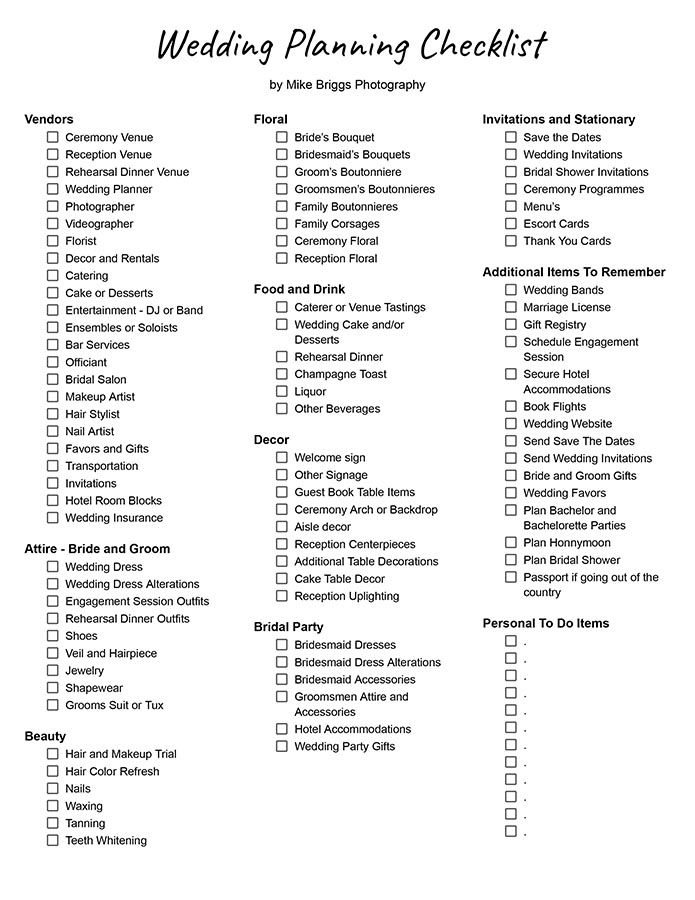
Wedding Checklist
Wedding Planning Checklist Items
Vendors
□ Ceremony Venue □ Reception Venue
□ Rehearsal Dinner Venue □ Wedding Planner
□ Photographer □ Videographer
□ Florist □ Decor and Rentals
□ Catering □ Cake or Desserts
□ Entertainment – DJ or Band □ Ensembles or Soloists
□ Bar Services □ Officiant
□ Bridal Salon □ Makeup Artist
□ Hair Stylist □ Nail Artist
□ Favors and Gifts □ Transportation
□ Invitations □ Hotel Room Blocks
□ Wedding Insurance
Attire – Bride and Groom
□ Wedding Dress □ Wedding Dress Alterations
□ Engagement Session Outfits □ Rehearsal Dinner Outfits
□ Shoes □ Veil and Hairpiece
□ Jewelry □ Shapewear
□ Grooms Suit or Tux
Beauty
□ Hair and Makeup Trial □ Hair Color Refresh
□ Nails □ Waxing
□ Tanning □ Teeth Whitening
Floral
□ Bride’s Bouquet □ Bridesmaid’s Bouquets
□ Groom’s Boutonniere □ Groomsmen’s Boutonnieres
□ Family Boutonnieres □ Family Corsages
□ Ceremony Floral □ Reception Floral
Food and Drink
□ Caterer or Venue Tastings □ Wedding Cake / Desserts
□ Rehearsal Dinner □ Champagne Toast
□ Liquor □ Other Beverages
Decor
□ Welcome sign □ Other Signage
□ Guest Book Table Items □ Ceremony Arch or Backdrop
□ Aisle decor □ Reception Centerpieces
□ Table Decorations □ Cake Table Decor
□ Reception Up lighting
Bridal Party
□ Bridesmaid Dresses □ Bridesmaid Dress Alterations
□ Bridesmaid Accessories □ Groomsmen Attire and Accessories
□ Hotel Accommodations □ Wedding Party Gifts
Invitations and Stationary
□ Save the Dates □ Wedding Invitations
□ Bridal Shower Invitations □ Ceremony Programs
□ Menu’s □ Escort Cards
□ Thank You Cards
Additional Items To Remember
□ Wedding Bands □ Marriage License
□ Gift Registry □ Schedule Engagement Session
□ Secure Hotel Rooms □ Book Flights
□ Wedding Website □ Send Save The Dates
□ Send Wedding Invitations □ Bride and Groom Gifts
□ Wedding Favors □ Plan Bachelor and Bachelorette Parties
□ Plan Honeymoon □ Plan Bridal Shower
□ Passport if going out of the country
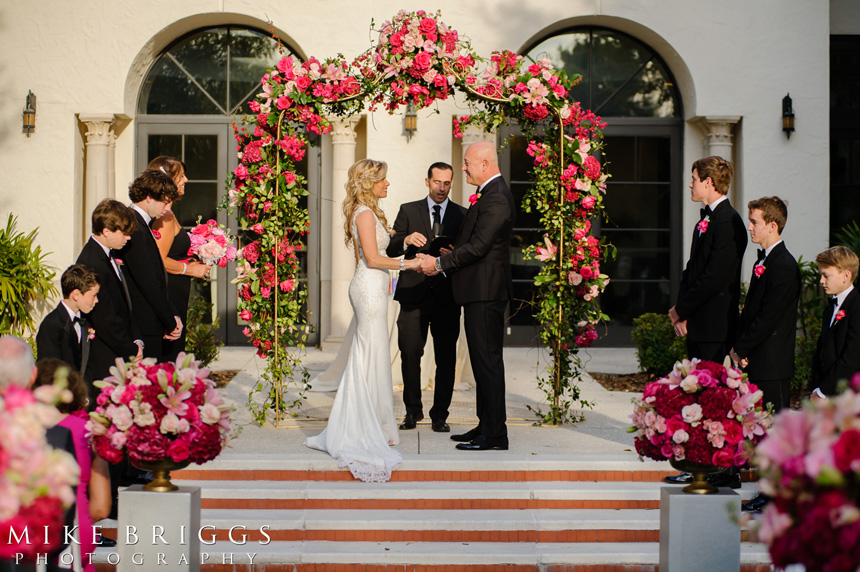
What Details Do I Need to Plan for a Wedding?
Planning your wedding involves juggling a lot of details. The best way to stay on track is to categorize your tasks with a wedding checklist. Here’s a breakdown of items to include:
- Big-Picture Planning
Begin by identifying your style and priorities. Do you want a formal black-tie affair or a relaxed outdoor celebration? Your vision will guide your choices. - Guest Experience
From the seating chart to meal preferences, consider how you can make your guests feel welcome and comfortable. This includes planning accommodations for out-of-town guests and creating a wedding day schedule template. - Vendor Coordination
Design a vendor checklist to track contracts, deposits, and communication. Your list might include a planner, photographer, florist, baker, hair and makeup artists, and transportation services. - Personal Touches
Incorporate meaningful elements like a family heirloom, handwritten vows, or personalized favors. - Wedding Day Essentials
Plan for a timeline that includes everything from getting ready to your grand exit. Be sure to assign someone (like a trusted friend or wedding planner) to oversee these details.
Essential Wedding Planning Tips for a Stress-Free Experience
- Start Early: The earlier you start, the more options you’ll have for venues and vendors.
- Stay Organized: Use tools like spreadsheets, wedding planning apps, or a wedding checklist to keep everything in one place.
- Set Realistic Expectations: Focus on what truly matters and don’t sweat the small stuff.
- Lean on Others: Don’t hesitate to delegate tasks to family, friends, or a professional planner.
- Take Breaks: Wedding planning can be intense—set aside time for non-wedding-related activities to recharge.
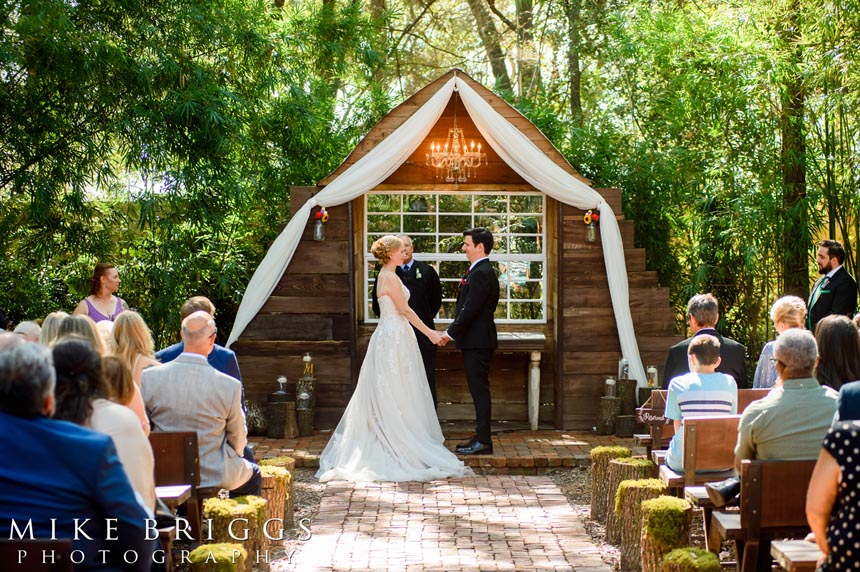
How to Plan a Wedding Without Feeling Overwhelmed
The best way to approach wedding planning is by breaking it into steps. Here’s how:
- Define Your Priorities: Before diving into the details, sit down with your partner and discuss what matters most.
- Tackle One Task at a Time: Multitasking might seem productive, but focusing on one item at a time is more effective.
- Use a Checklist: A wedding checklist or planner checklist will help you stay on track.
- Set Deadlines: Assign a deadline to each task to avoid last-minute stress.
- Celebrate Small Wins: Mark milestones like booking a vendor or sending out invites with a mini celebration.
Planning a wedding is an exciting milestone in your life and to keep it from feeling overwhelming, a well-organized wedding planning checklist can save the day! A checklist is your roadmap to creating the celebration of your dreams, helping you stay on track and stress-free throughout the planning process.
Whether you’re planning a grand affair or an intimate gathering, using a wedding checklist can really keep you from feeling overwhelmed.
Why a Wedding Checklist Matters
Think of your wedding checklist as the backbone of your planning process. It breaks down tasks into manageable pieces, ensuring nothing falls through the cracks. From booking your dream venue to finalizing your guest list, a checklist helps you prioritize, organize, and enjoy the journey to your big day.
Without one, it’s easy to forget important details or leave tasks to the last minute, which can lead to unnecessary stress. By starting with a checklist, you’ll feel confident and in control, knowing that everything is accounted for.
How to Start Your Wedding Checklist
The first step to creating your wedding checklist is to set your priorities. Sit down with your partner and discuss what’s most important to you both. This might include the overall vibe of the wedding, must-have elements (like a live band or breathtaking photography), and your budget.
Once you’ve established your vision, break your checklist into phases. Tackling tasks in stages—such as 12 months before, 6 months before, 3 months before, and so on—will make the process more manageable.
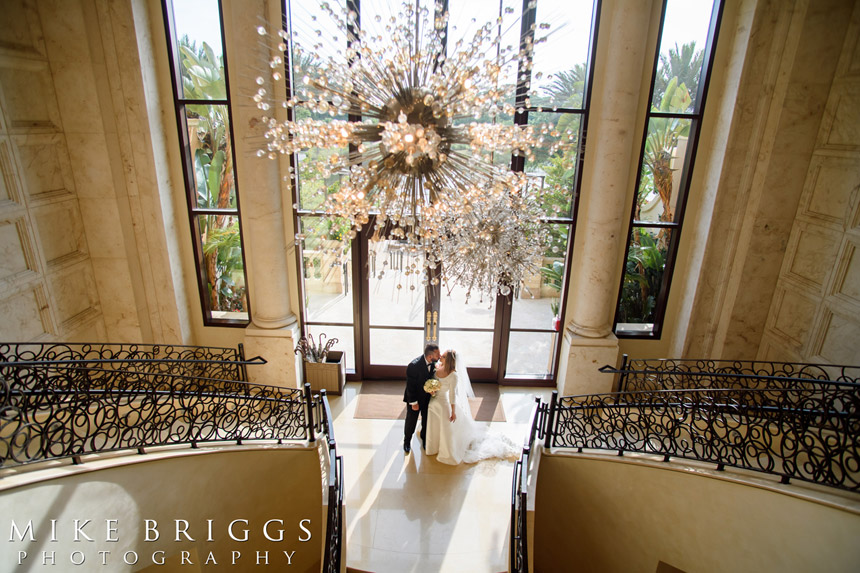
Key Categories for a Wedding Checklist
To keep your checklist organized, group tasks into categories. Here are some essential areas to consider:
Setting Your Budget
Your budget is the foundation of your wedding plans. It will guide every decision, from your venue to your décor. Be sure to allocate funds for key elements such as: Venue and catering, photography and videography, attire for you and your wedding party, entertainment and floral arrangements.
Don’t forget to set aside a small contingency for unexpected expenses.
Choosing a Venue
Securing your venue is one of the first tasks to tackle. Popular venues often book up quickly, so it’s a good idea to start your search early. Think about your guest list, preferred location, and whether you want a ceremony and reception in the same spot.
Once your venue is locked in, you can begin coordinating other vendors who will need to know your wedding date and location.
Building Your Dream Team of Vendors
From photographers to florists, your vendors are the experts who will bring your vision to life. Research and book these professionals early, especially if your wedding date falls during peak season. Check them out online, request quotes, and always have a signed contract to secure their services.
Designing Your Guest Experience
Your guests’ experience is an important part of your celebration. From sending out invitations to planning seating arrangements, your checklist should include: Creating a guest list, designing and sending invitations, planning a seating chart and organizing transportation or accommodations if needed. Be sure to keep track of RSVPs to finalize your headcount.
Staying on Schedule
To ensure everything runs smoothly, a timeline is key. Begin by setting your wedding date, then work backward to outline milestones. Breaking down tasks by timeline will help you focus on what needs attention now without feeling overwhelmed by everything ahead.
Tips for Staying Organized
Even the most detailed checklist won’t be effective if it’s scattered across sticky notes and apps. Keep all your plans in one central location. Whether it’s a physical binder or a digital wedding planner app, having everything in one place makes it easier to track your progress.
You might also consider sharing your wedding planning checklist with your partner, family, or wedding planner so they can help you stay on top of tasks.
Personalizing Your Checklist
Every couple is unique, and your wedding checklist should reflect your specific needs and priorities. For example, if you’re planning a destination wedding, you might need to include tasks like coordinating travel arrangements or scheduling a local walkthrough of your venue.
Embrace Flexibility
As much as you plan, unexpected changes can happen. A checklist is a guide, but it doesn’t have to be set in stone. Stay flexible and open to adjustments as you go. If a particular task feels daunting, break it down further or ask for help.
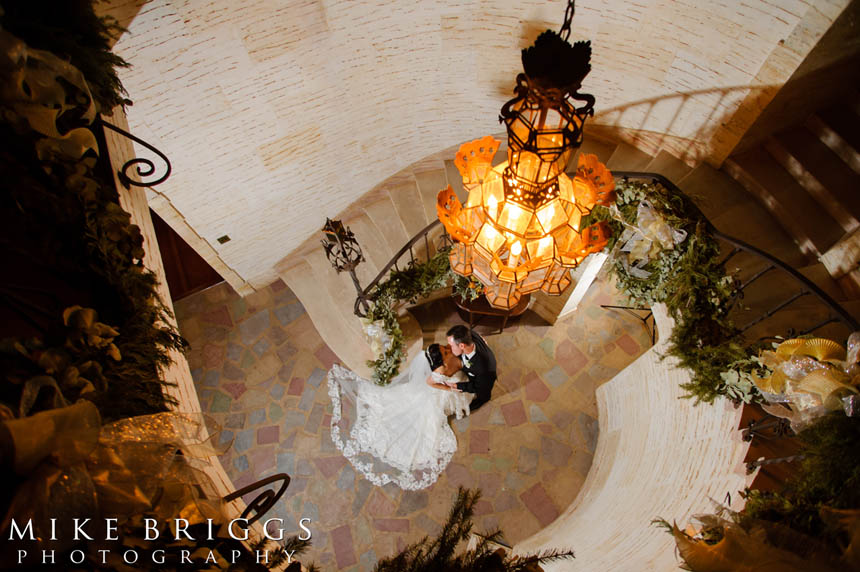
The Final Countdown
As your wedding day approaches, your checklist will become your best friend. In the final weeks, focus on confirming details and enjoying the anticipation of your big day. Remember, your wedding is about celebrating your love story. The planning process is part of that journey, so take time to savor it.
Your wedding checklist is more than just a list of to-dos—it’s a tool to help you plan with confidence and ease. By staying organized and focused, you’ll turn what might feel like a daunting process into a fun and rewarding experience.
Now that you know everything you ever wanted to know about a wedding checklist, you’re ready to dive into planning the wedding of your dreams. Happy planning!

